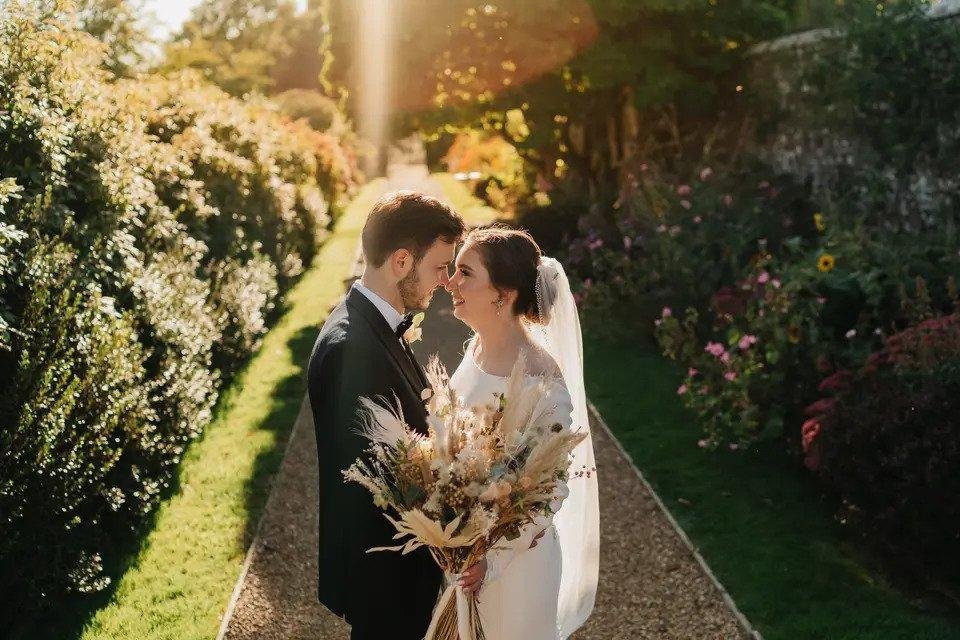Wedding photography is one of the most rewarding yet challenging genres of photography. Capturing the emotions, details, and memories of a couple’s big day requires not only technical skills but also creativity and precision. If you’re just starting your journey as a wedding photographer, this blog will guide you through essential tips to elevate your skills and build your confidence.
1. Understand the Importance of Preparation
Preparation is key in wedding photography. Unlike other genres, weddings are fast-paced, and there’s little room for error. Here’s how you can prepare:
Create a Shot List
A shot list ensures you don’t miss any important moments. Discuss with the couple beforehand and ask about specific shots they’d like, such as family portraits, close-ups of rings, or candid moments during the ceremony.
Scout the Location
Visit the wedding venue before the big day to familiarize yourself with the layout, lighting conditions, and potential photo spots. Identify areas with natural light and consider using these for portraits and candid shots.
Have Backup Equipment
Weddings are once-in-a-lifetime events, so having backup equipment is essential. Carry extra camera bodies, lenses, memory cards, and batteries to avoid technical hiccups.
Check out our guide on “How to Create a Wedding Photography Timeline for Your Big Day” for detailed tips on planning your shots effectively.
2. Master Your Gear
As a beginner, you may feel tempted to invest in the latest camera or lens. While having good equipment helps, mastering your existing gear is far more important.
Essential Camera Settings
- Use a wide aperture (e.g., f/2.8) for portraits to create a beautiful bokeh effect.
- Increase the shutter speed (1/250 or faster) to capture sharp images during fast-moving moments.
- Set ISO according to lighting conditions but keep it as low as possible to minimize noise.
Versatile Lenses
Start with versatile lenses such as a 24-70mm f/2.8 for wide shots and close-ups, and a 50mm prime lens for stunning portraits. Over time, you can expand your collection to include specialty lenses like macro or telephoto.
3. Learn to Work with Natural and Artificial Light
Lighting plays a crucial role in wedding photography. Understanding how to use both natural and artificial light effectively will make a significant difference in your photos.
Natural Light
- Use golden hour lighting (shortly after sunrise or before sunset) for soft and warm tones.
- Position your subjects to face indirect light sources for evenly lit portraits.
Artificial Light
- Carry a portable flash or speedlight for low-light situations.
- Use softboxes or reflectors to diffuse harsh light and reduce shadows.
Explore our blog on “What Are the Challenges in Wedding Photography and How to Overcome Them” to learn how to tackle lighting issues effectively.
4. Posing and Directing Techniques
Posing can make or break a photo. As a wedding photographer, you need to guide the couple and their families to create natural, relaxed poses.
Tips for Posing Couples
- Encourage interaction: Ask the couple to hold hands, share a laugh, or whisper something to each other.
- Focus on genuine emotions: Capture candid moments that reflect their bond.
- Highlight details: Zoom in on the bride’s dress, rings, or bouquet.
Group Photos
- Arrange taller individuals in the back and shorter ones in the front for balanced compositions.
- Take multiple shots to ensure everyone’s eyes are open and smiles are natural.
5. Capture Candid Moments
Some of the most memorable wedding photos are candid. These unplanned shots often capture raw emotions, such as laughter, tears, and joy.
How to Stay Unobtrusive
- Use a telephoto lens to capture moments from a distance.
- Blend in with the crowd and avoid drawing attention to your camera.
- Anticipate moments by observing body language and interactions.
6. Post-Production and Editing
Editing is where your photos truly come to life. A well-edited gallery enhances the mood and storytelling of the wedding day.
Essential Editing Tips
- Use presets for consistency: Create or purchase presets to maintain a uniform style.
- Adjust exposure and white balance: Correct any lighting issues.
- Retouch with care: Enhance skin tones, remove distractions, and sharpen details without overediting.
7. Build Trust with Your Clients
Client relationships are as important as your technical skills. A couple’s comfort with you will reflect in their photos.
Communication
- Schedule a pre-wedding consultation to discuss expectations.
- Stay responsive to emails and messages to build rapport.
Deliver on Time
- Provide a realistic timeline for delivering edited photos.
- Share sneak peeks within a week to keep your clients excited.
Learn more about “How Couples Can Prepare for Wedding Photography” to guide your clients effectively.
8. Practice Makes Perfect
The more you shoot, the better you’ll get. Consider practicing by:
- Assisting a professional wedding photographer.
- Offering free or discounted shoots to friends and family.
- Experimenting with different styles and techniques.
Conclusion
Becoming a skilled wedding photographer takes time and dedication, but the results are worth it. By mastering your gear, preparing thoroughly, and focusing on both technical and creative aspects, you can capture timeless memories for your clients.
If you’re looking to refine your craft further, Love My Shot is here to guide you with expert tips, resources, and inspiration to excel in wedding photography.




